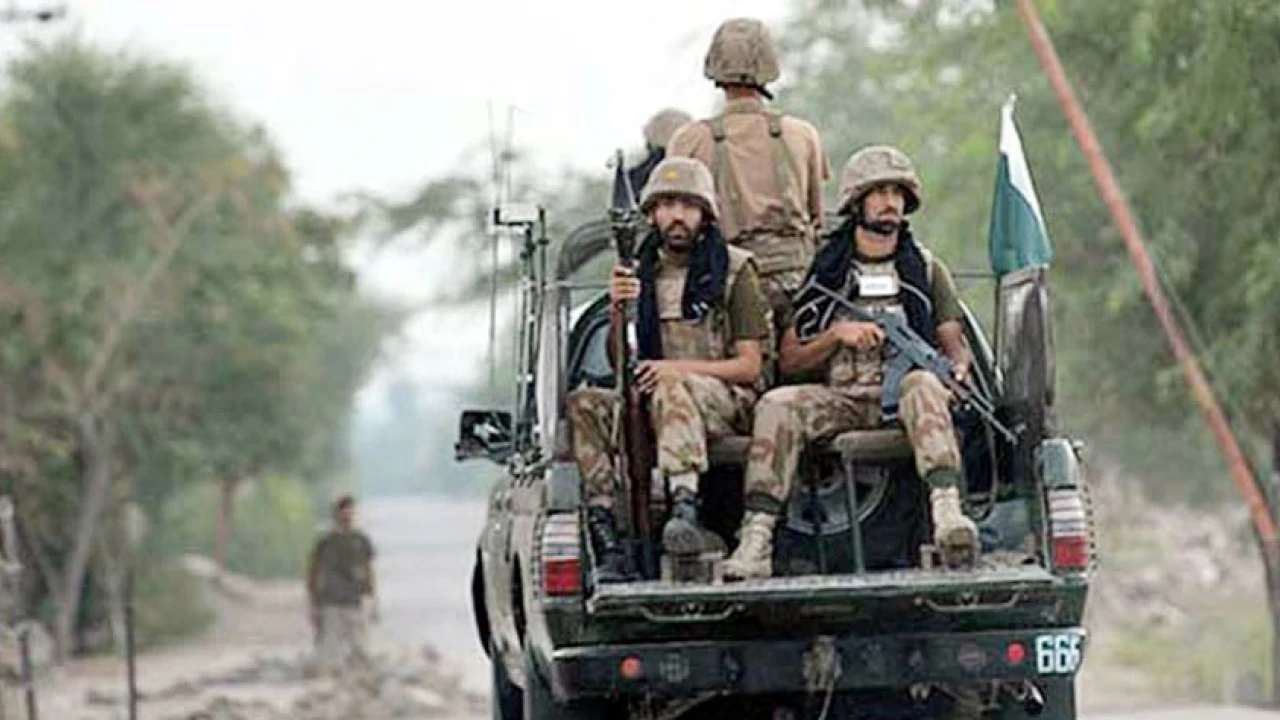Federal govt grants special powers to security forces in Balochistan

Stay tuned with 24 News HD Android App

The federal government has decided to grant special powers to security forces in Balochistan, the 24NewsHD TV channel reported on Friday.
According to the channel report, the federal cabinet has approved an amendment to the Anti-Terrorism Act of 1997, allowing authorities to detain any suspicious individual on suspicion of terrorism.
As per the report, the amendment will provide special powers to the military, civil armed forces, and the government.
Additionally, joint investigation teams comprising intelligence agencies and security institutions will be formed to enhance the coordination and effectiveness of counter-terrorism efforts.
It is worth mentioning that yesterday, the Inter-Services Public Relations (ISPR) Director General (DG) Lieutenant General Ahmed Sharif Chaudhry addressed a press conference in Rawalpindi and highlighted the security issues in Balochistan.
Referring to the deadly August 26 terror attacks across Balochistan, the DG ISPR said they were carried out “on the directives of internal and external enemies and their enablers” with the aim “to impact Balochistan’s peaceful environment and development by targeting innocent people.”
ISPR Director General Lieutenant General Ahmed Sharif Chaudhry DG Sharif recalled that in response, the security forces eliminated 21 terrorists while 14 security men were martyred.
On the political side, Jamait Ulema-e-Isalam-Fazl group (JUI-F) chief Maulana Fazlur Rehman has expressed serious concerns over the deteriorating situation in Balochistan while addressing the National Assembly two days ago.
He highlighted the alarming situation, saying that in some schools, the national anthem of Pakistan is not even sung. He urged the government and other stakeholders to go to Balochistan and engage directly with the local people to understand the gravity of the situation.
Maulana Fazlur Rehman criticised the sidelining of senior political leadership and called for empowering politicians to handle the country’s affairs.
He questioned whether the current government has the authority to make decisive actions, emphasising that the nation is not merely fighting for interests but is caught in a proxy war.
